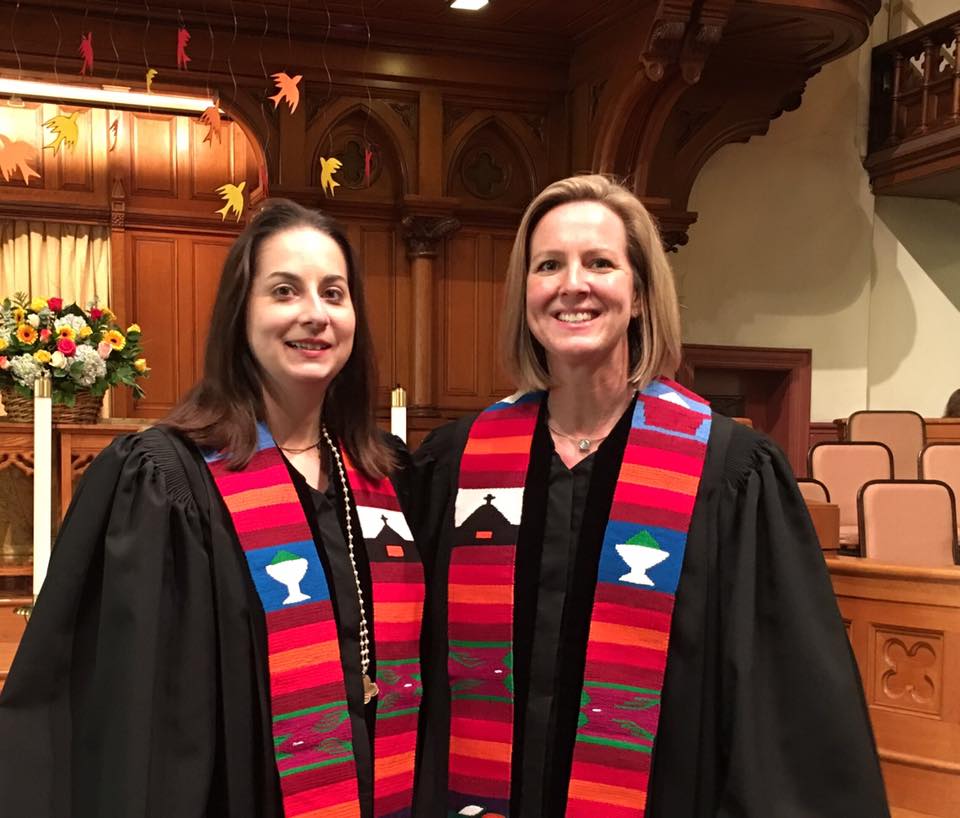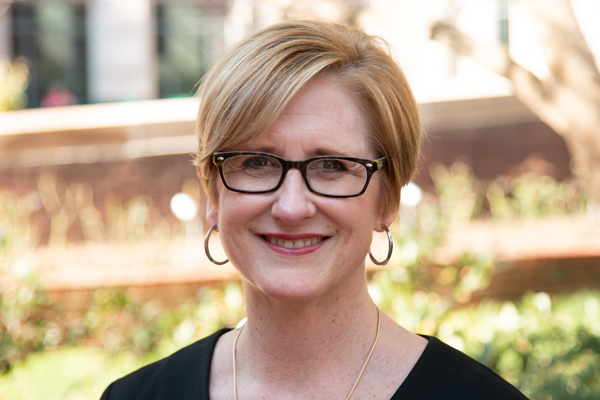“Refugees la Sagrada Familia” by Kelly Latimore. Used by permission.
“The Lord your God is the God of all gods and Lord of all lords, the great, mighty, and awesome God who doesn’t play favorites and doesn’t take bribes. He enacts justice for orphans and widows, and he loves immigrants, giving them food and clothing. That means you must also love immigrants because you were immigrants in Egypt.”
~ Deuteronomy 10:17-19
I was a stranger and you welcomed me.
~ Matthew 25:35
When the Administration announced in April a “zero tolerance” policy at the U.S.-Mexico border, leading to the separation of children from parents, the response of the global religious community was immediate and emphatic. Interfaith groups from all points along the theological spectrum, including Orthodox Jews, the Islamic Society of North America, The U. S. Conference of Catholic Bishops and the Southern Baptist Convention (among many Baptist groups) condemned the practice, and faith leaders from Pope Francis to Franklin Graham repudiated attempts to justify such actions from Scripture.
Anyone who thinks the immigration issue is simple is not paying attention. This is a complex, difficult challenge for which there are no easy answers. Immigration has always been fraught with complication. The Israelites were “illegal aliens” when they arrived in the Promised Land. The pilgrims who came to America in 1620 didn’t have “documentation”. As someone has said, we are all immigrants—some of us just got here sooner.
Our country is filled with people of boundless imagination and towering compassion and yet, as a nation, we are in danger of losing our capacity for honoring the humanity of one another and especially "foreigners". Even Christians, who at the moment are rightly denouncing the separation of immigrant families at the border, offer a surprisingly tepid response when it comes to welcoming even the world’s most vulnerable ones—refugees who are fleeing danger and persecution and are seeking asylum within our borders. The Pew Research Center indicates that 51% of Americans agree we have a responsibility to accept refugees. The group least supportive of welcoming refugees is white evangelical Christians (only 25% affirm) and just 43% percent of white mainline Protestants and 50% of Catholics agree the U.S. should embrace refugees. The most welcoming of all Christian groups is black Protestants (63%). (Pew Research Center, May 24, 2018)
But this is the most cringeworthy statistic in the Pew report: the religiously unaffiliated outpace Christians of every category in their affirmation of America’s responsibility to welcome refugees seeking safety within our borders (65%).
How we treat the foreigner and the stranger says a lot about our understanding of God. The Bible has a lot to say about immigrants and immigration. The Hebrew word ger, the closest word to our concept of an immigrant, appears 92 times in the Old Testament alone. Jesus tells us in Matthew 25: Every stranger you see, especially the least of these, is really me. He promised that one day we’d hear him say these words: Whenever you welcomed the stranger you were welcoming me. Whenever you turned away from a stranger you were turning away from me.
When considering the issue of immigration, Christians must begin by asking what our faith teaches us. What happens in our minds and hearts when we consider the issue in the spirit of Jesus? How does our perspective shift when we see the immigrants and refugees not as statistics but as children of God?
What is the Spirit saying to you?
Peace and grace,





































